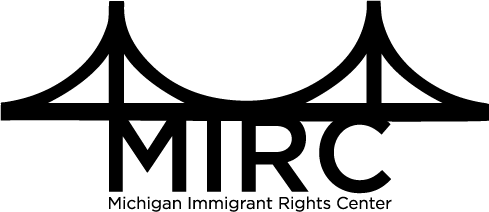MIRC offers this service as a proud partner of the New Americans Campaign, a national collaborative effort to encourage and assist eligible permanent residents to apply for naturalization
MIRC ofrece este servicio como socio orgulloso de la Campaña Nuevos Americanos, una iniciativa nacional de colaboración para animar y ayudar a los residentes permanentes que cumplen los requisitos a solicitar la naturalización

